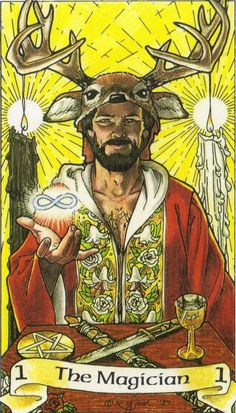 |
| Ron Paul a man who does not compromise interests A man who is willing to sacrifice office to conviction In the finest tradition of 'Real Leaders' |
Max Weber (one of the founders of Sociology) wrote "The real leader's task is not merely to compromise interests as if politics were like a market place, but to take a stand on issues that transcend material interests. A person is more likely to care about such issues, and be willing to sacrifice office to conviction, if he is financially independent - he must live 'for', not 'off' politics."
Newt Gingrich is one politician who compromises
interests as if politics were a marketplace.
There may be some in Jersey who follow his example
The majority of political leaders in the former empire have historically attained pre-eminence following a period of imprisonment by the British colonial authorities. Gandhi is perhaps the most famous..
"Satyagraha" is a compound of the Sanskrit words satya (meaning "truth") and Agraha ("insistence", or "holding firmly to"). For Gandhi, satyagraha went far beyond mere "passive resistance" and became strength in practising non-violent methods.
In his words:
Truth (satya) implies love, and firmness (agraha) engenders and therefore serves as a synonym for force. I thus began to call the Indian movement Satyagraha, that is to say, the Force which is born of Truth and Love or non-violence, and gave up the use of the phrase “passive resistance”, in connection with it, so much so that even in English writing we often avoided it and used instead the word “satyagraha” itself or some other equivalent English phrase.Gandhi proposed a series of rules for satyagrahis to follow in a resistance campaign:
- harbour no anger
- suffer the anger of the opponent
- never retaliate to assaults or punishment; but do not submit, out of fear of punishment or assault, to an order given in anger
- voluntarily submit to arrest or confiscation of your own property
- if you are a trustee of property, defend that property (non-violently) from confiscation with your life
- do not curse or swear
- do not insult the opponent
- neither salute nor insult the flag of your opponent or your opponent’s leaders
- if anyone attempts to insult or assault your opponent, defend your opponent (non-violently) with your life
- as a prisoner, behave courteously and obey prison regulations (except any that are contrary to self-respect)
- as a prisoner, do not ask for special favourable treatment
- as a prisoner, do not fast in an attempt to gain conveniences whose deprivation does not involve any injury to your self-respect
- joyfully obey the orders of the leaders of the civil disobedience action
- do not pick and choose amongst the orders you obey; if you find the action as a whole improper or immoral, sever your connection with the action entirely
- do not make your participation conditional on your comrades taking care of your dependents while you are engaging in the campaign or are in prison; do not expect them to provide such support
- do not become a cause of communal quarrels
- do not take sides in such quarrels, but assist only that party which is demonstrably in the right; in the case of inter-religious conflict, give your life to protect (non-violently) those in danger on either side
- avoid occasions that may give rise to communal quarrels
- do not take part in processions that would wound the religious sensibilities of any community
Gandhi in effect not only embodies the purest principals that Weber suggests we should look for in our 'leaders' but does so in an enlightened manner which at all times stayed within the 'Common Law', which I would suggest is the basis of 'self-respect'.
The Freeman of the Land movement is in and of itself a campaign of Satyagraha, a philosophy of non-violent system, non-co-operation with a State that relies on force and intimidation to assert its authority. If all of Jersey were to simply refuse to pay parking tickets the system would collapse.
I have been told that no one in Jersey dare rock the boat, because it is such a nice boat to be onboard. That may have been true once but not these days.
As matters deteriorate, which they will do fast over the next three years, it is essential that a credible alternative exists that the people of Jersey can turn to. Government is only creating problems, not offering solutions. If people cannot turn to government then they must turn to themselves.
I have been told that no one in Jersey dare rock the boat, because it is such a nice boat to be onboard. That may have been true once but not these days.
As matters deteriorate, which they will do fast over the next three years, it is essential that a credible alternative exists that the people of Jersey can turn to. Government is only creating problems, not offering solutions. If people cannot turn to government then they must turn to themselves.

No comments:
Post a Comment